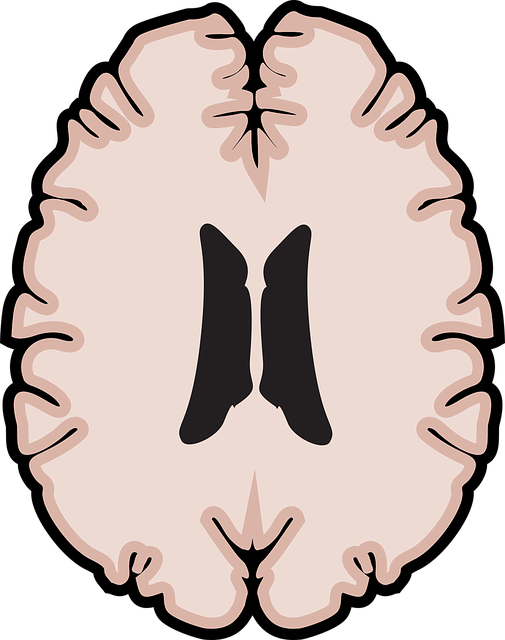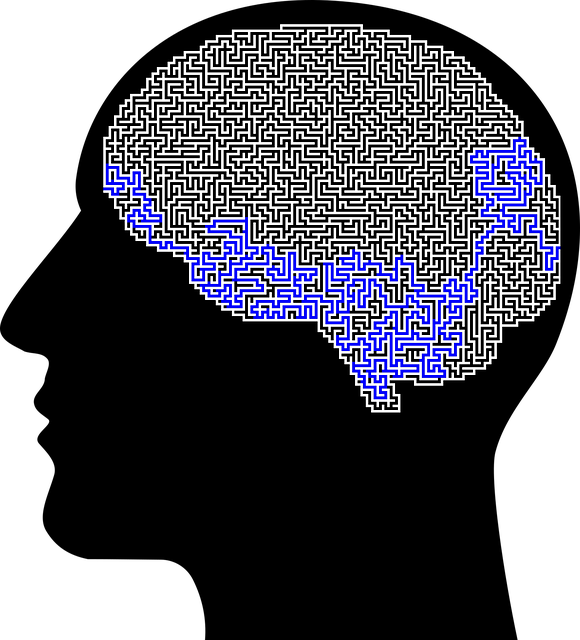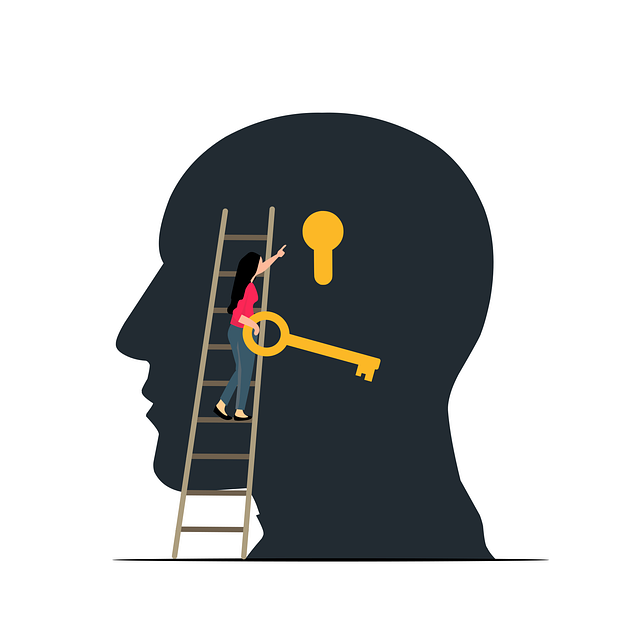Longmont Learning Disability Therapy focuses on emotional intelligence (EI) as a key aspect of mental well-being, using mindfulness meditation to regulate moods and enhance self-awareness. Cognitive Behavioral Techniques (CBT) are employed to manage negative thought patterns and improve mood regulation, while community outreach programs boost positive thinking and self-esteem. Mindfulness and meditation techniques, integrated with physical activity and structured environments, offer holistic strategies for stress relief, anxiety reduction, and depression management. Longmont Therapy creates supportive spaces tailored to learning disabilities, empowering individuals with skills to navigate emotions and lead fulfilling lives.
Mood regulation is a vital skill, especially for individuals navigating learning disabilities like those often seen in Longmont Learning Disability Therapy. This article explores various strategies to help manage and enhance emotional well-being. From understanding emotional intelligence to practical techniques such as cognitive behavioral therapies, mindfulness exercises, and the impact of physical activity, each section provides insights into effective mood regulation tools. Discover how these approaches can foster resilience and improve daily living for those with learning disabilities.
- Understanding Mood Regulation: Unraveling Emotional Intelligence
- Cognitive Behavioral Techniques for Longmont Learning Disability Therapy
- Mindfulness and Meditation: Calming the Stormy Mind
- Physical Activity and its Impact on Emotional Well-being
- Creating Supportive Environments: Strategies for Daily Living
Understanding Mood Regulation: Unraveling Emotional Intelligence

Understanding Mood Regulation begins with unraveling Emotional Intelligence, a key component of mental health awareness. Longmont Learning Disability Therapy emphasizes this as a powerful tool for managing and stabilizing emotions. By enhancing emotional regulation skills, individuals gain better control over their reactions to different situations, thereby improving overall well-being. This involves recognizing and understanding one’s own feelings, as well as those of others—a cornerstone of both emotional intelligence and mindfulness meditation.
Through practices like mindfulness meditation, Longmont Learning Disability Therapy helps clients develop a deeper connection with their emotions. This allows for more effective navigation through life’s challenges, fostering better mental health awareness. By learning to observe thoughts and feelings without judgment, individuals can cultivate emotional regulation skills that are essential for maintaining balance even in stressful or turbulent times.
Cognitive Behavioral Techniques for Longmont Learning Disability Therapy

Cognitive Behavioral Techniques (CBT) have proven to be invaluable tools in Longmont Learning Disability Therapy. CBT focuses on identifying and changing negative thought patterns and behaviors, which can significantly improve mood regulation. By teaching individuals to recognize and challenge distorted thinking, CBT empowers them to manage their emotions more effectively. This approach is particularly beneficial for those with learning disabilities, as it helps them develop coping strategies tailored to their unique challenges.
In the context of Longmont Learning Disability Therapy, CBT often incorporates elements of community outreach program implementation. Encouraging positive thinking and self-esteem improvement are integral parts of this process. Through structured therapy sessions, individuals learn to reframe negative thoughts into more realistic and positive ones, boosting their confidence and overall well-being. This tailored approach ensures that each person receives personalized support to navigate the complexities of learning disabilities while fostering a sense of control and resilience.
Mindfulness and Meditation: Calming the Stormy Mind

In today’s fast-paced world, managing moods and emotions can feel like navigating a stormy sea. This is where mindfulness and meditation come to the rescue as powerful tools for regulating one’s emotional state. Longmont Learning Disability Therapy emphasizes the importance of these practices in fostering mental well-being. By encouraging individuals to focus on the present moment, mindfulness allows them to observe their thoughts and feelings without judgment. This simple act can significantly reduce stress, anxiety, and even depression.
Meditation further enhances this process by quieting the mind and promoting a sense of inner peace. Regular meditation practice has been linked to improved emotional intelligence and better coping skills development. It enables individuals to develop a stronger connection with their thoughts, leading to enhanced self-awareness and confidence boosting. Longmont Learning Disability Therapy’s approach to mental health education programs design often incorporates mindfulness and meditation techniques, providing clients with practical tools to manage their emotions effectively in daily life.
Physical Activity and its Impact on Emotional Well-being

Physical activity is a powerful tool for Longmont Learning Disability Therapy, offering a holistic approach to mood regulation and emotional well-being. Engaging in regular exercise has been scientifically proven to boost serotonin and endorphin levels, often referred to as “feel-good” hormones, which can significantly enhance one’s overall mental health and happiness. This effect is particularly beneficial for individuals navigating mood management challenges.
The integration of physical activity into daily routines can serve as an effective strategy within the context of Mental Wellness Podcast Series Production or as part of well-designed Mental Health Education Programs. It provides a natural outlet for stress relief, anxiety reduction, and even depression management, thereby contributing to improved mental wellness. By promoting healthy habits and offering engaging activities, individuals with learning disabilities or those seeking better emotional regulation can discover a new perspective on their mental health journey.
Creating Supportive Environments: Strategies for Daily Living

Creating supportive environments is a crucial aspect of mood regulation strategies, especially for individuals with learning disabilities who often require specialized care, such as that provided by Longmont Learning Disability Therapy. Daily routines can significantly impact emotional well-being, so designing a structured yet adaptable space is essential. This involves organizing physical surroundings to minimize distractions and sensory overload, creating a calm and inviting atmosphere. Simple adjustments like soft lighting, comfortable furniture, and the use of calming colors can foster a sense of security and control, empowering individuals to manage their moods effectively.
Additionally, building resilience through various therapeutic interventions is vital. Mental health professionals can play a significant role in teaching coping mechanisms and emotional regulation techniques tailored to each individual’s needs. This may include mindfulness practices, cognitive-behavioral strategies, or trauma support services for those with a history of adverse experiences. By combining these environmental adaptations and therapeutic approaches, individuals can develop the skills needed to navigate their emotions, enhance their overall mental health, and lead more fulfilling lives.
In navigating the intricate landscape of mood regulation, particularly within the context of Longmont Learning Disability Therapy, a multifaceted approach emerges as key. By integrating cognitive behavioral techniques, mindfulness practices, physical activity, and supportive environments, individuals with learning disabilities can develop robust emotional intelligence and enhance their overall well-being. These strategies, when applied consistently, offer a transformative path towards managing moods, fostering resilience, and achieving a more balanced and fulfilling life.














